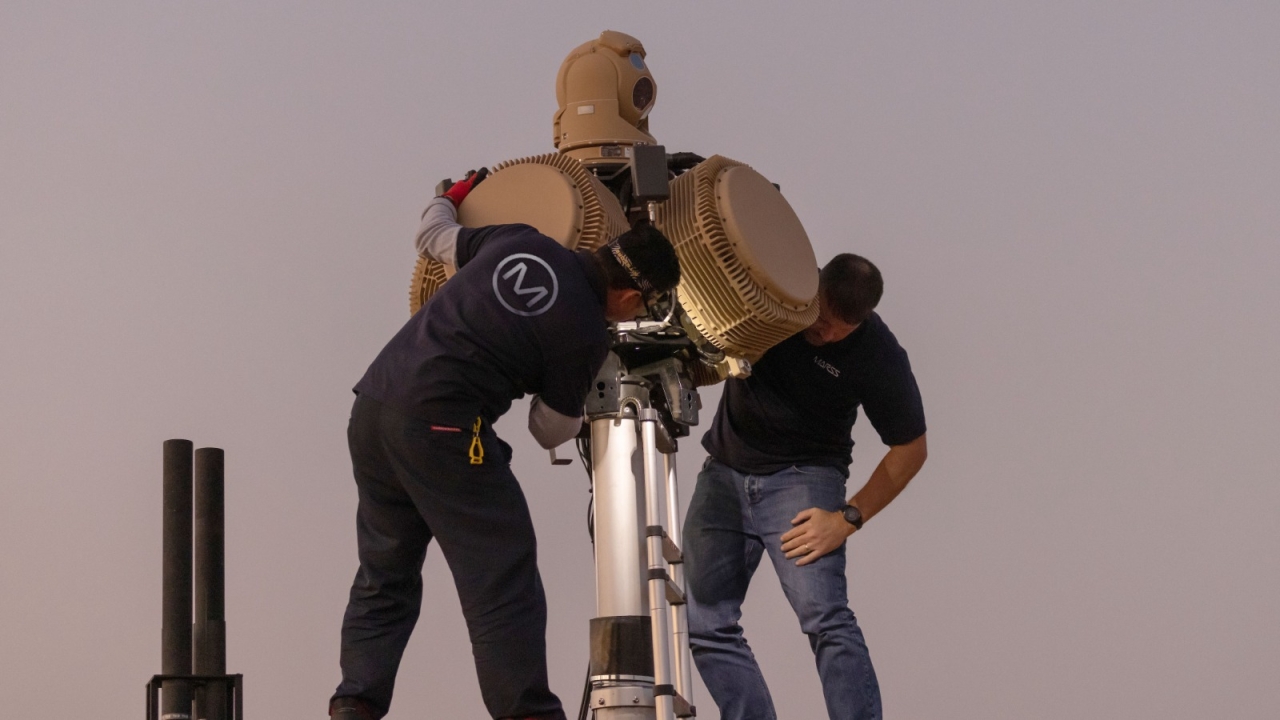UAE inks deal with US to buy F-35 Jets

Image: Lockheed Martin
According to Reuters, citing unnamed sources, the deliveries of the Lockheed Martin-built stealth fighters through a Foreign Military Sales (FMS) package could start as early as 2027.
The proposed deal was made possible after the UAE and Israel announced on August 13, 2020 that they would normalise relations, and particularly since they signed the Abraham Accords. Also, after the U.S. assured to maintain Israel’s technological superiority in arms over its neighbours.
The State Department had cleared an FMS package of about US$23 billion including 50 F-35As for US$10.4 billion, 18 General Atomics Aeronautical Systems-built MQ-9B Reaper unmanned aerial vehicle (UAVs) worth about US$3 billion and munitions worth US$10 billion.
The F-35A fighters will be the Conventional Take-Off and Landing (CTOL) aircraft and will be powered by Pratt & Whitney F-135 Engines.
Neither State Department nor the UAE Embassy in Washington wished to comment on the signing of the agreement. However, UAE's Ambassador to the U.S. Yousef Al Otaiba had earlier termed that F-35 would be the "frontline defence" for the UAE, U.S. and partners. “It improves U.S.-UAE interoperability and allows us to be more effective together. It makes us all safer," Otaiba had said.
The sale will hep improve UAE’s capability to meet current and future threats by providing enhanced capabilities to deter aggression in the region and help improve the functioning of various aircraft platforms in effective defence of air, land, and sea. The sale of the missiles/munitions and support will increase interoperability with the U.S. and align the UAE Air Force’s capabilities with existing regional baselines.
Now the question is whether the new Joe Biden administration would seek to stall the deal.
Stay up to date
Subscribe to the free Times Aerospace newsletter and receive the latest content every week. We'll never share your email address.

